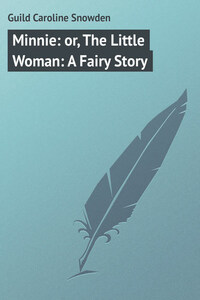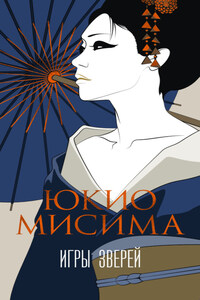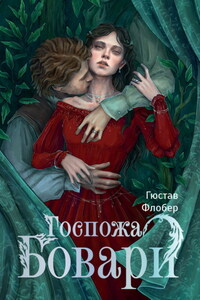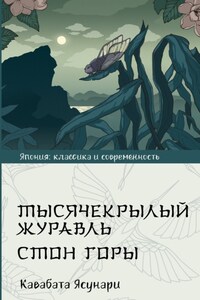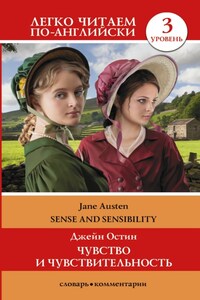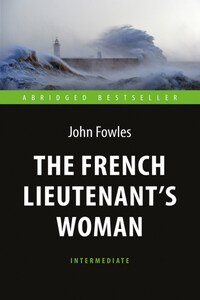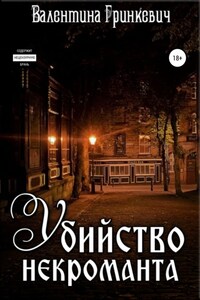HOW THE STORY CAME TO BE WRITTEN
One evening, last summer, a little girl, with laughing eyes that no one could resist, looked up into my face, and said,
"'Touldn't you wite me a story?"
"Yes. What shall it be about?" was the answer.
"O, wite something I could wead myself, – something with pictures, – something like Tom Thumb, you know; and I shouldn't care if it had pink covers, too, and wasn't larger than-this." And she held up the palm of a rosy hand.
In a moment more she came bounding back to whisper, "I shouldn't care if you left off the fingers, only make a cunning story, and something I can wead."
Instead of leaving off, I should have to add a great many of Minnie's fingers, to cover the book, which would grow so large, and I couldn't help it, any more than you can when a little bud opens out to a great flower. So, I ask her forgiveness; hoping that she will find, inside of the volume, something "cunning" enough to make her forget the covers.
And now, dear children, if you like my story, you must all thank Minnie C-, to whom it is dedicated, with the heartiest good wishes of
Somewhere in Massachusetts is a little town as beautiful as a garden. Nay, in summer-time I think this place is prettier than a garden; for it is not laid out in long, stiff beds and paths; but the roads wind about like rivers under its shady trees, and, wherever you see a bed of flowers, a cosey little house is sure to rise up in its midst; and then the hills, – Did you ever read about the giant, who wouldn't give the fairies any peace, but chopped them up for mince-meat, and did all kinds of wicked things, till they resolved to kill him, if they could?
The fairy queen, who was very wise, knew that the giant's strength lay in a great brass helmet which he wore; so she told her people to watch, and, if ever he laid it aside, to steal this, and hide it away.
Now, one summer's day, the giant went hunting, and had such good success that he came home with his arms full of game, tired and warm enough.
I don't remember the giant's name: perhaps it was Ugolino, or Loeschigk, or Rodocanachi. We'll call it Rodocanachi. Down he threw his game, – the deer and squirrels he had killed to eat; and the poor little robins, and blue-birds, and humming-birds, he had only killed for the pleasure of seeing them flutter down from the boughs where they were singing sweetly-down to the ground, with their broken, bloody wings.
Rodocanachi threw his game aside, and then lay down himself to drink from a pretty stream that ran bubbling and sparkling under the shady trees. He was so thirsty, and had such a monstrous swallow, that, before long, the stream stopped flowing, and, wherever the sun fell into its bed, the pebbles began to grow white and dry. He had drank it almost up, when the giant said to himself, "Bah! what a shallow river, and how the pebbles get into my teeth! I must have a drop of wine to take away the earthy taste."
There, under the shady trees, Rodocanachi drank and smoked, till his head grew hotter than ever, and so confused, that he stretched himself upon the grass; and, while trying to collect his thoughts, fell fast asleep.
Then, how the fairies flew into sight! Down they swung, from all the high oaks and elms, on rope-ladders made of spider-web; and, from under the broad mulleins, up they poured in a swarm; from the other side of the stream they fitted up rafts of pond-lily leaves, and came floating across; for, after the giant turned away, the river had run full again. What had seemed beds of fern-leaves came marching down from the hill-side, or out from the deep shade, – they were fairy armies, with banners all astir; and such a rustling as they made, and such a patter of little feet, and flutter of tiny wings, and singing and shouting of soft, glad voices, you never heard!
Last came the car of the fairy queen, a pearly pond-lily, lined and fringed inside with gold, with a golden seat, and drawn by six bright-blue dragon-flies, that sprinkled a light from their transparent wings, as the car shed fragrance all along its way.
The queen arose and lifted her sceptre; which was tipped with a diamond so bright it shone like a star, and could light a path at midnight through the densest wood. She stretched this wand forth, and the noisy multitude grew so still-so still that you could not hear a sound, except the giant's breathing; – then she spoke:
"The time we have watched and waited for so long, so impatiently, has come; the wicked Rodocanachi is in our power at last. Say, what shall we do with him, my subjects?"
Then swelled forth a breeze of little voices, so confused that you could not tell one from another; and the queen's wand rose again.
"We have not a moment to waste, be still, and hear the advice of my general."
"If I have led your armies bravely, O, great queen-"
"Yes, yes," interrupted the queen, "but what shall I do with Rodocanachi? I'll praise you, and receive your compliments afterwards."
"Suffer me, then, to go alone, and, with my spear, this tough acacia-thorn, put out the giant's eyes."
